Huge Hong Kong Rally After Student Dies And Lawmakers Arrested
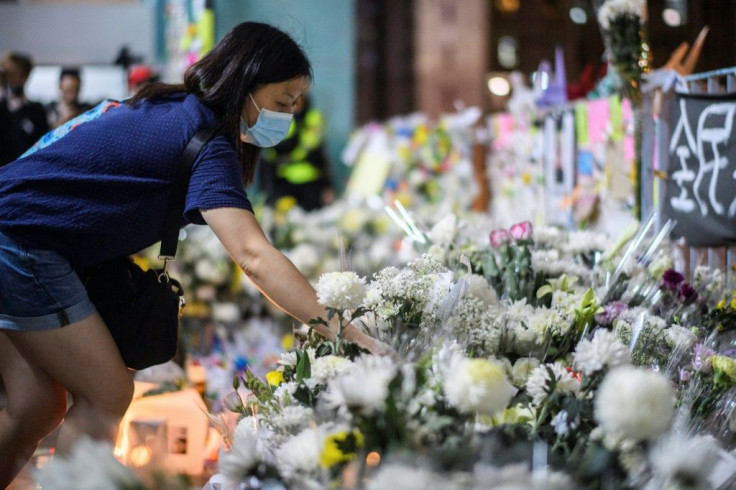
Tens of thousands of Hong Kongers packed into a park Saturday night to mourn a student who died during recent clashes as police arrested a group of pro-democracy lawmakers, deepening the city's political crisis.
The international finance hub has been upended by five months of huge and increasingly violent pro-democracy protests, but Beijing has refused to give in to most of the movement's demands.
Tensions have soared since the death on Friday of Alex Chow, 22, who succumbed to head injuries sustained during a fall as police skirmished with demonstrators inside a car park last weekend.
The huge rally -- one of the few in recent months to obtain police approval -- means Hong Kong has witnessed 24 weekends of protest in what has become the most profound challenge to Beijing's rule since the 1997 handover.
Many at the peaceful and sombre rally wore black.
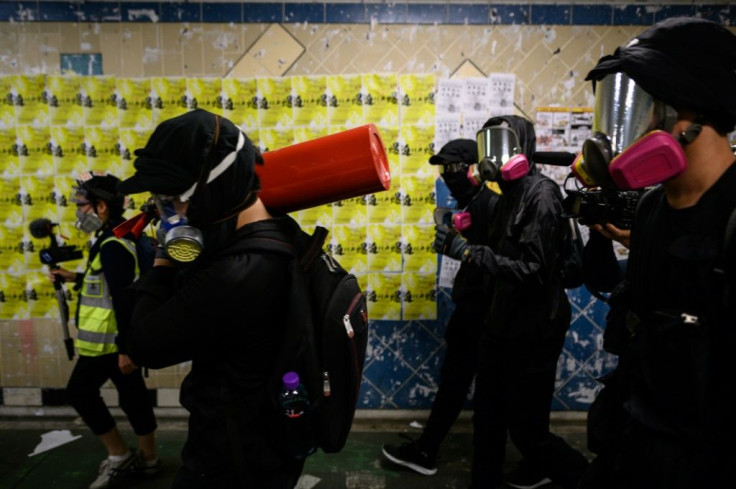
"I want an independent inquiry because that proves Hong Kong is still a place with rule of law," a 35-year-old woman, who gave her surname Wong, told AFP, echoing the movement's core demand for an investigation into police tactics.
Wong, who said she moved to Hong Kong from the mainland three years ago, said she also wanted to see less confrontational tactics from hardcore protesters.
"I think non-violent ways can also win," she said.
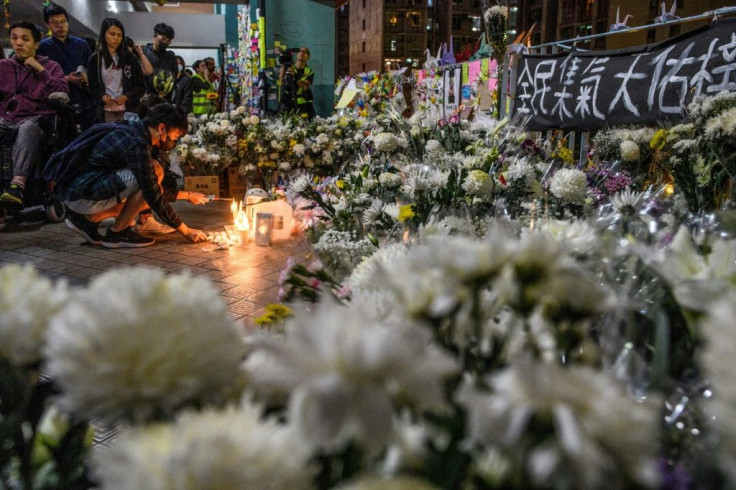
The rally came after police brought charges against at least seven lawmakers who now face up to a year in jail if convicted.
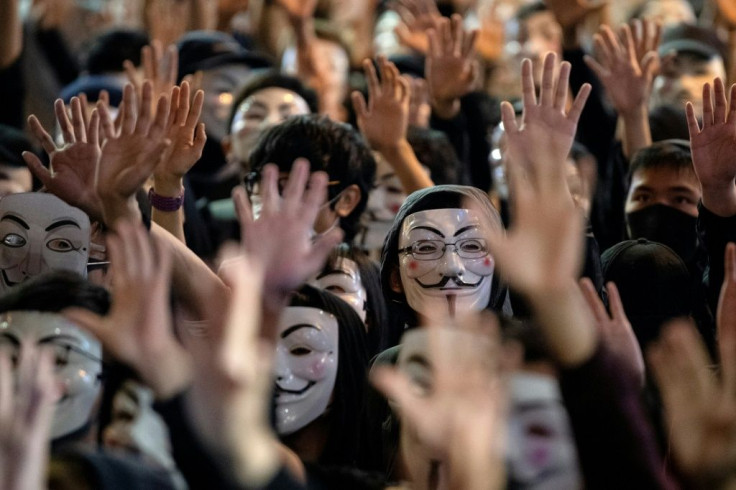
Three were arrested overnight, three attended appointments on Saturday evening to be booked, and one refused to appear.
The charges relate to chaotic scenes that broke out within a legislative committee in May as pro-democracy lawmakers tried to stop a controversial bill being discussed that would allow extraditions to authoritarian mainland China.
At the time, city leader Carrie Lam was fast-tracking the bill through the legislature, a move that ignited record-breaking street protests in which millions marched.
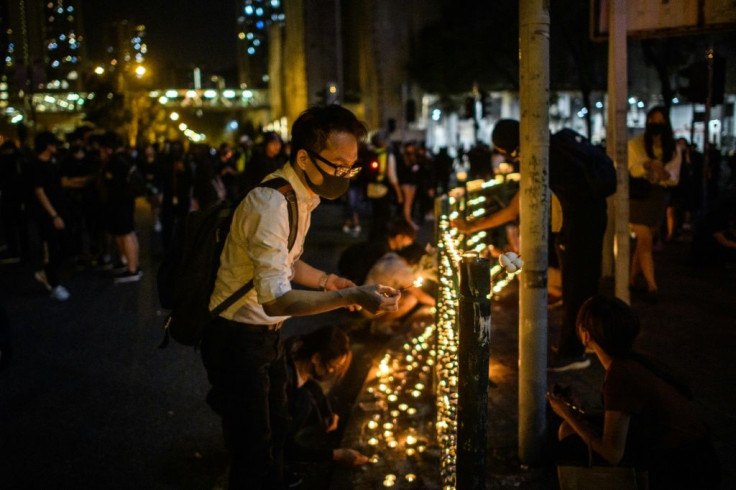
"The protests that have been going on for five months are yet to finish but the government is already launching massive arrests of pro-democracy legislators in collaboration with the police," the lawmakers said in a joint statement.
Hong Kong's legislature is quasi-democratic, with half the seats popularly elected and the rest chosen by largely pro-Beijing committees, ensuring the chamber remains stacked with government loyalists.
Opposition to the government comes in the form of a small band of pro-democracy lawmakers who win their seats in local elections.
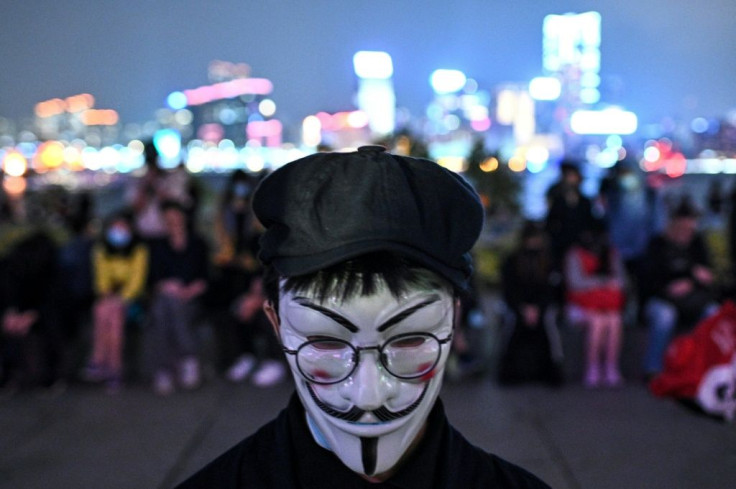
The lack of fully free elections -- and especially the fact that the city's leader is appointed by a pro-Beijing committee -- has fuelled years of protests that have culminated in the latest unrest.
Chow's death has only intensified the tinderbox atmosphere in what has become a deeply polarised city, with violence escalating on both sides of the ideological divide.
Although the precise chain of events leading to his fall is unclear and disputed, protesters have made alleged police brutality one of their movement's rallying cries and have seized on the death.
Police have repeatedly denied any allegations of wrongdoing in relation to Chow's death.
Vigils on Friday night saw large crowds and frequent clashes with police in multiple neighbourhoods, including one officer firing a live warning shot.
The city is holding district council elections on 24 November with the pro-Beijing camp bracing for heavy defeats.
Since this summer's pro-democracy protests kicked off, voter registration has soared and the pro-democracy camp is fielding candidates in every constituency for the first time.
But there are also concerns the elections could be called off given the spiralling violence.
On Wednesday, one of the city's most stridently pro-Beijing politicians was wounded in a knife attack by a man who pretended to be a supporter.
That assault came three days after a Mandarin-speaking man shouting pro-Beijing slogans knifed at least three pro-democracy protesters and bit off the ear of a local district councillor.
Pro-democracy lawmakers called for demonstrators not to give the government an excuse to cancel the elections because of the violence.
"The district council election is a de facto referendum, in which all Hong Kong people can respond to the social problems, the unjust governance and the police brutality triggered by the extradition bill," lawmaker Tanya Chan said on Saturday.
But further unrest seems likely given that the protest movement is largely organised online by activists who favour confrontations with the police who are themselves responding with increasingly hardcore tactics as each month passes.
Activists have vowed to hit the streets again on Sunday and hold a general strike on Monday.
bur-jta/ind/rbu
© Copyright AFP 2024. All rights reserved.







